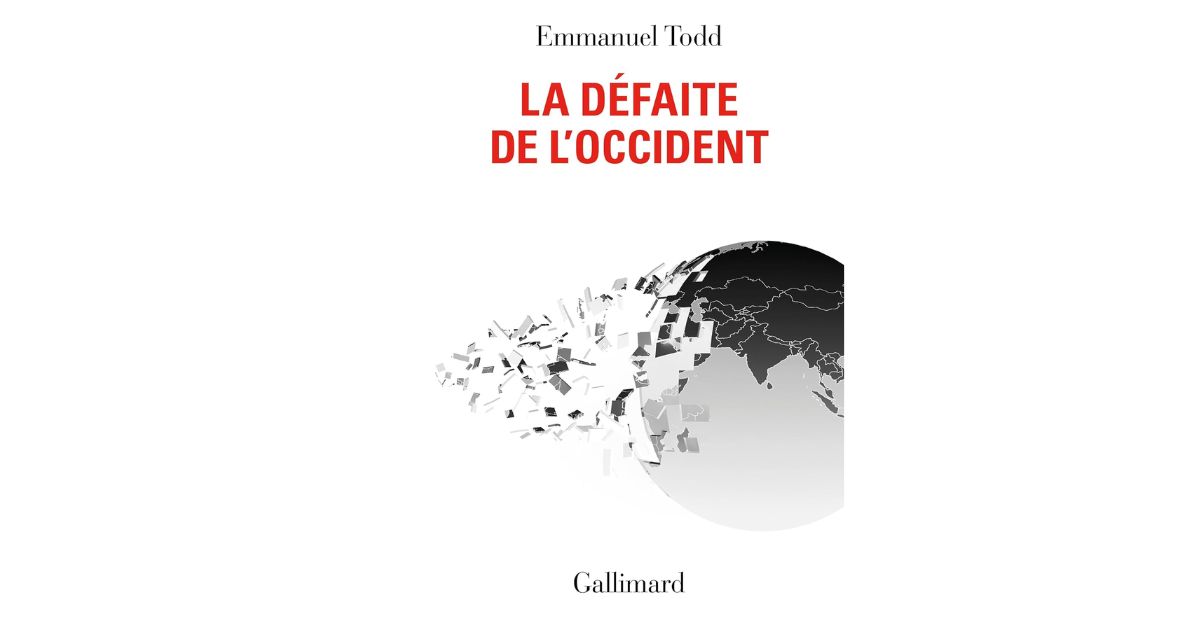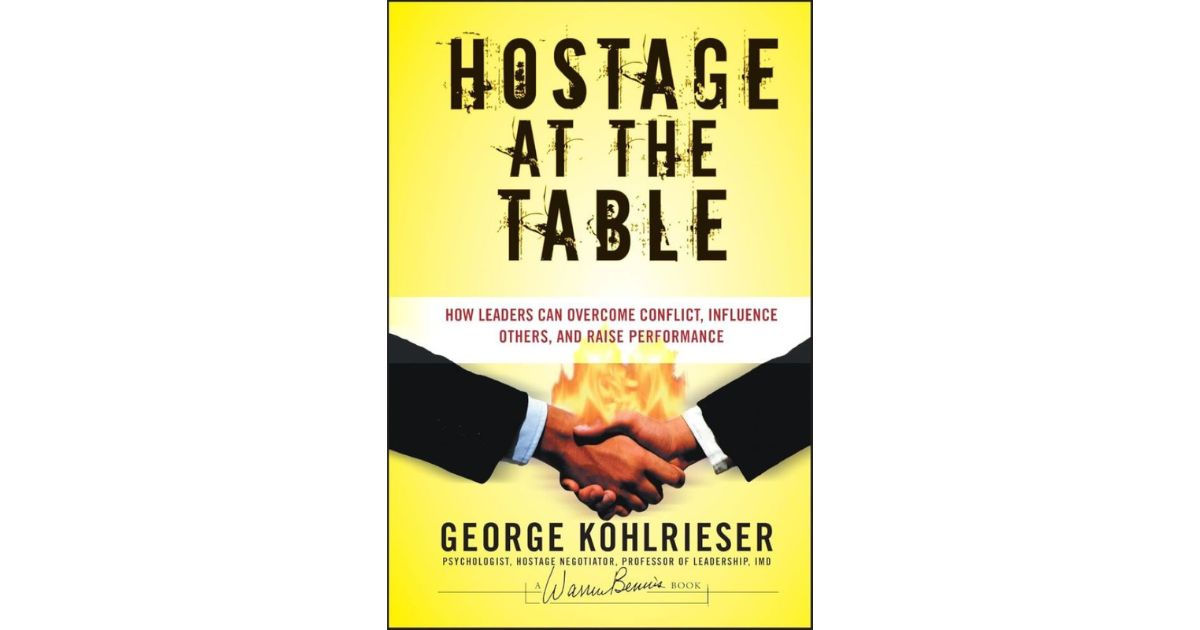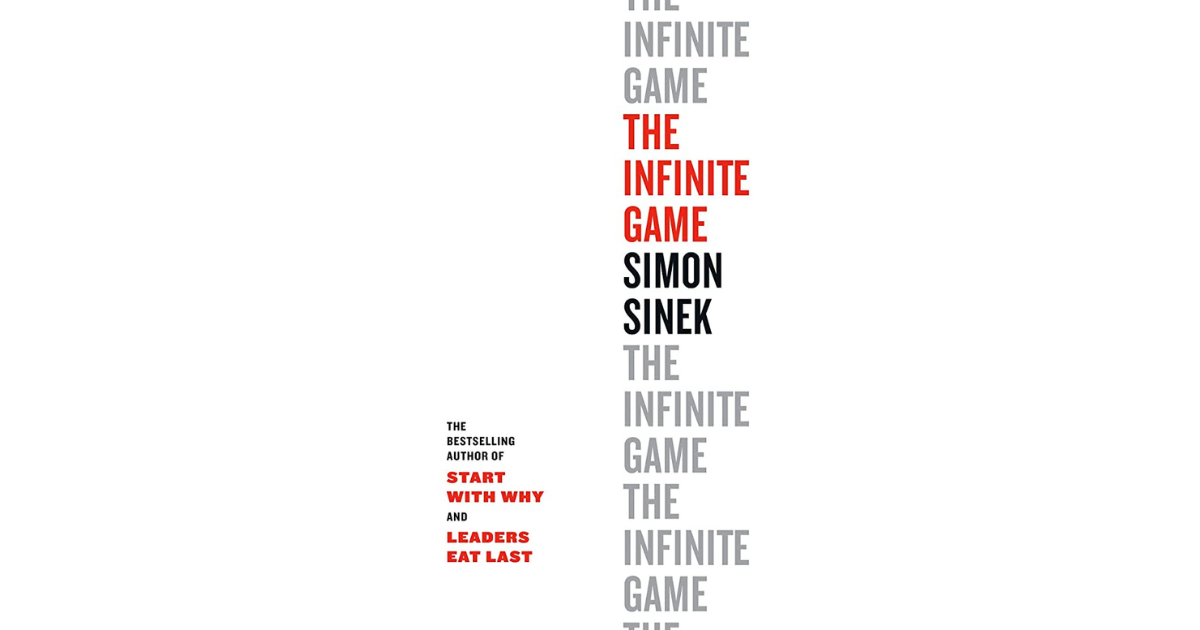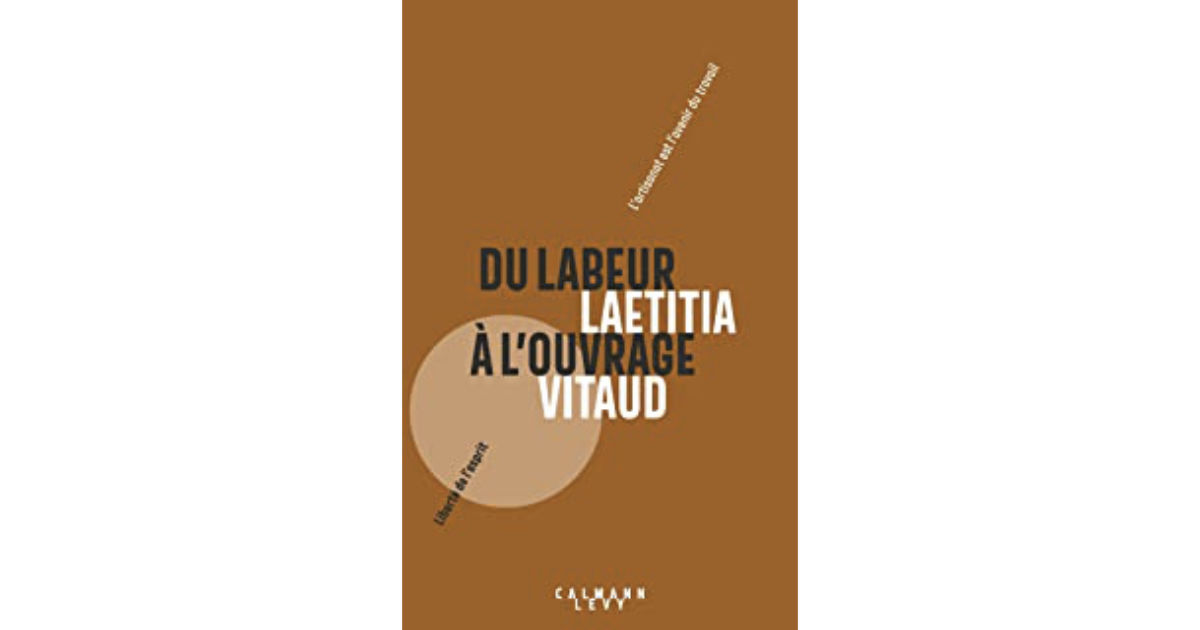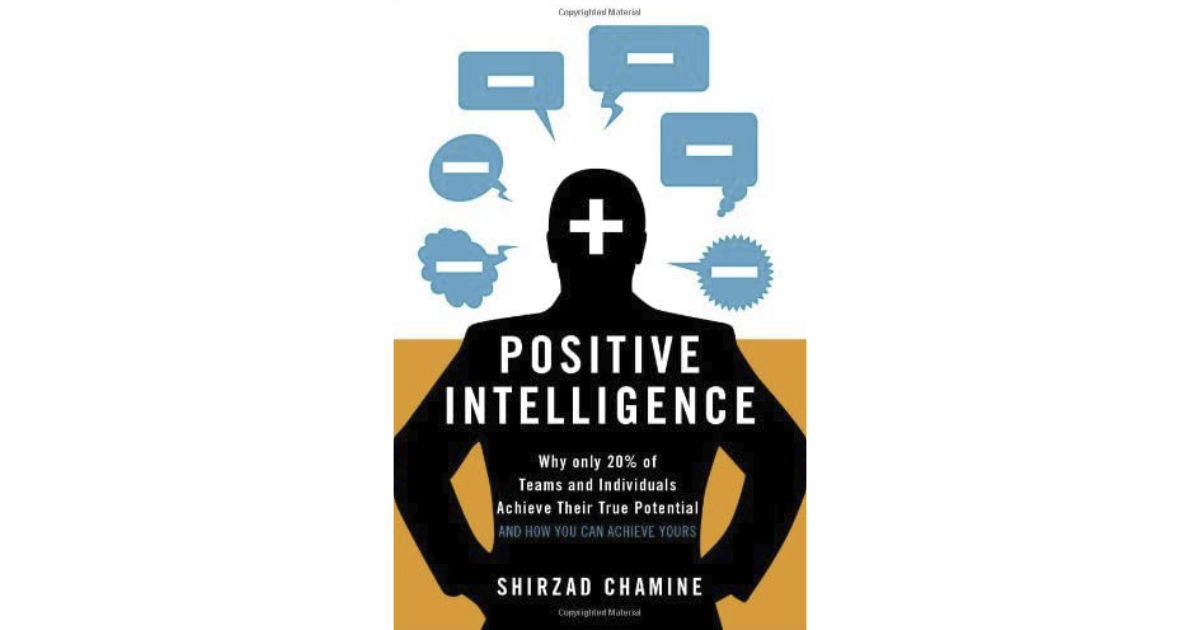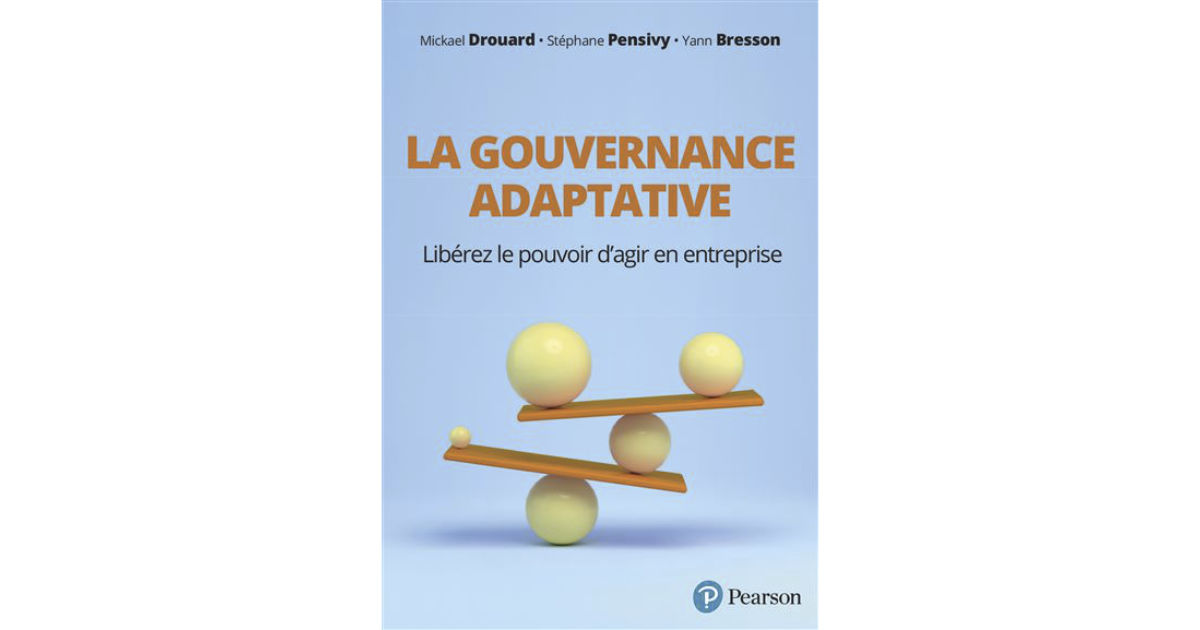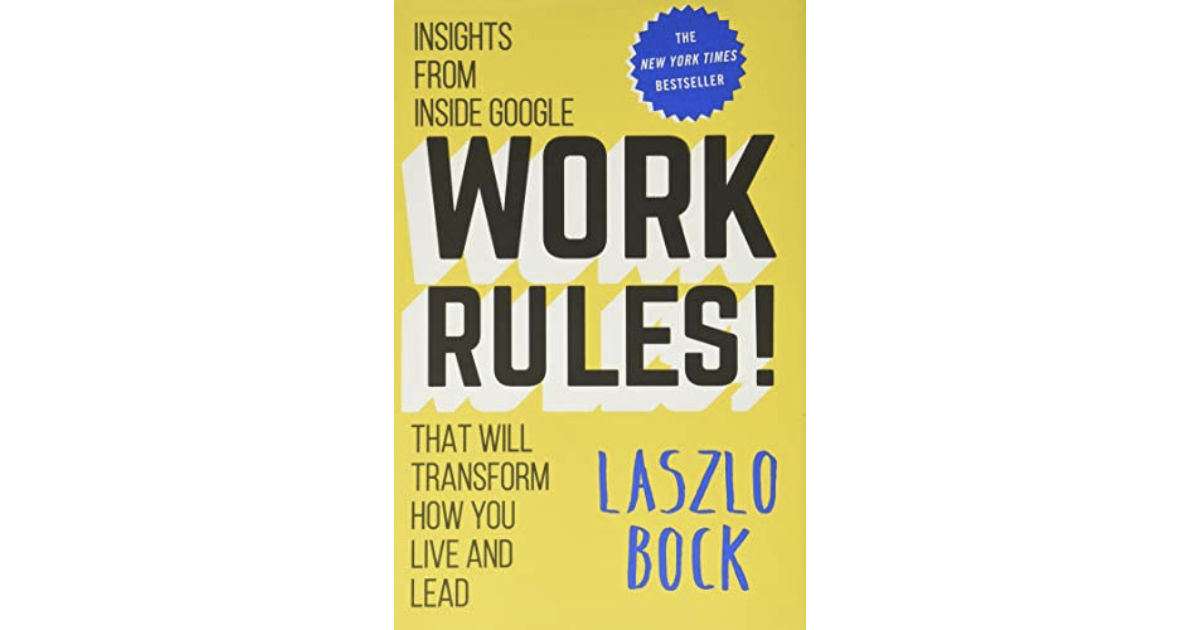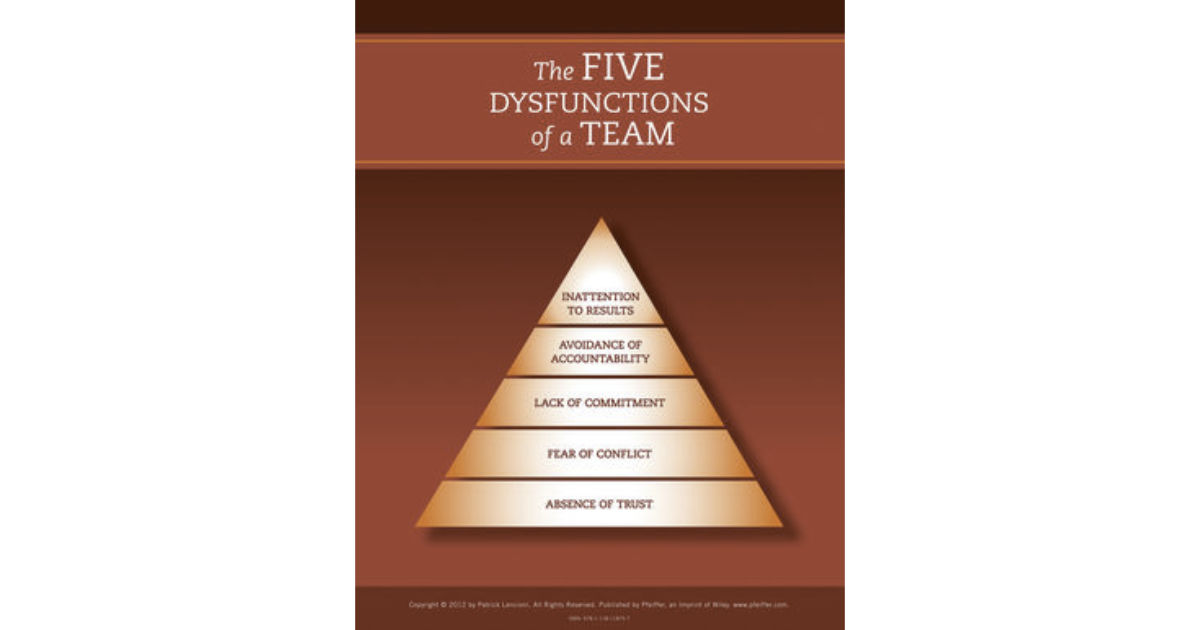Who in the Western world would dare suggest that the war in Ukraine is, at least in part, a result of Western arrogance perceived by Russia as a threat? Emmanuel Todd, in “The defeatof the West”, adopts this iconoclastic perspective. His essay, oscillating between bold analysis and controversial pamphlet, sheds light on a Western world in crisis. With biting irony about Western self-absorption, Todd highlights the erosion of two foundational pillars: the nation-state, weakened by globalization, and a cultural and religious framework replaced by a destructive individualism. Through this lens, Todd questions our belief in a supposedly universal moral and democratic superiority.
A Resilient and Complex Russia
Often caricatured as backward, Russia has, in fact, managed to recover from the chaos of the 1990s. Under Putin, it has restored sovereignty, improved socio-economic indicators, and strengthened strategic sectors like agriculture and engineering education. Todd describes Russia as an “authoritarian democracy”—a system where popular support is genuine, despite manipulated elections, and where political dynamics diverge from Western norms.
Ukraine: A Nation of Duality and Tensions
Far from being a simple embodiment of Western values, Ukraine is portrayed as a product of the Soviet Union’s collapse—a complex blend of Western and Russian cultures. Its political elite, predominantly from Ukrainian-speaking regions, contrasts with a middle class of Russian speakers who have often migrated to Russia. This poorly managed duality has, according to Todd, exacerbated current tensions.
The West: Weakening and Disoriented
Germany, once Europe’s industrial powerhouse, is ensnared in its energy policies, marked by massive dependence first on Russia and then on the United States. This has undermined its autonomy and threatens its industrial future. Meanwhile, Britain, searching for identity since the fall of its empire, exemplifies a void symbolized by Brexit. Far from embodying regained autonomy, it now appears as a weakened vassal of Washington. The Scandinavian countries, though economically prosperous, face an erosion of traditional values and align more closely with the Western bloc, often acting as strategic relays for the United States. As for the U.S., it is no longer the progressive engine it once was.
The fall of the Berlin Wall, often seen as a Western triumph, raises the question: was it truly a resounding victory, or merely the inevitable collapse of a moribund Soviet system? Convincing itself of its superiority, the West proclaimed itself the world’s victor, believing it had imposed its economic, political, and moral models. Yet, this illusion of grandeur has led to its stagnation: once a symbol of progress, the U.S. now descends into oligarchy, political polarization, and the weakening of its democratic institutions and turns out to be unable to support Ukraine
A Controversial Book
Due to its lack of scientific rigor, ideological biases, and historical shortcuts, the book has drawn valid criticism. Todd relies on debatable notions, such as the impact of family structures or the decline of Protestantism, while overlooking broader historical and cultural contexts. His claims about the U.S., attributing its decline to a religious void, fail to address the radicalization of evangelical movements driving political polarization. The book is also criticized for its ideological proximity to far-right narratives and its own interpretation of democracy. At times, it flirts with arguments akin to Russian propaganda, particularly regarding Russophobia, while neglecting key issues such as corruption and human rights violations.
An Invitation to Reflection and Critical Thinking
Despite its flaws, “The defeat of the West” compels Europe to reflect on its weaknesses, its dependence on the United States, and the illusion of its moral hegemony. It holds up an unsettling mirror at a time when democratic values are eroding, often reduced to hollow concepts. Because democracy also means taking a critical look at our institutions. A thought-provoking read that demands a sharp critical mind.
« L’une des grandes illusions des années 1960 – entre révolution sexuelle anglo-américaine et Mai 68 français – fut de croire que l’individu serait plus grand une fois affranchi du collectif. C’est tout le contraire. L’individu ne peut être grand que dans une communauté et par elle. Seul, il est voué par nature à rétrécir. Maintenant que nous sommes libérés en masse des croyances métaphysiques, fondatrices et dérivées, communistes, socialistes ou nationales, nous faisons l’ expérience du vide, et nous rapetissons. »

